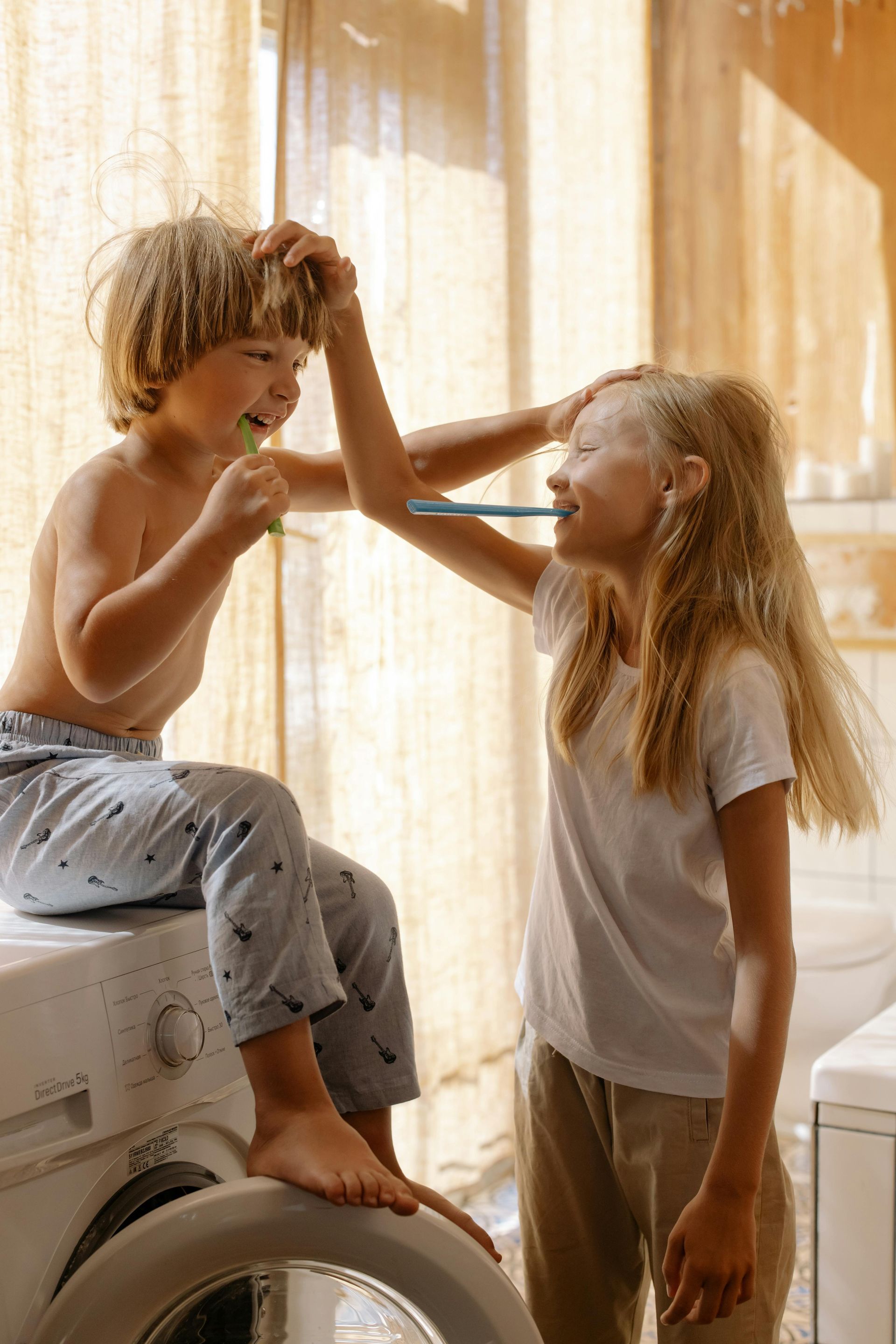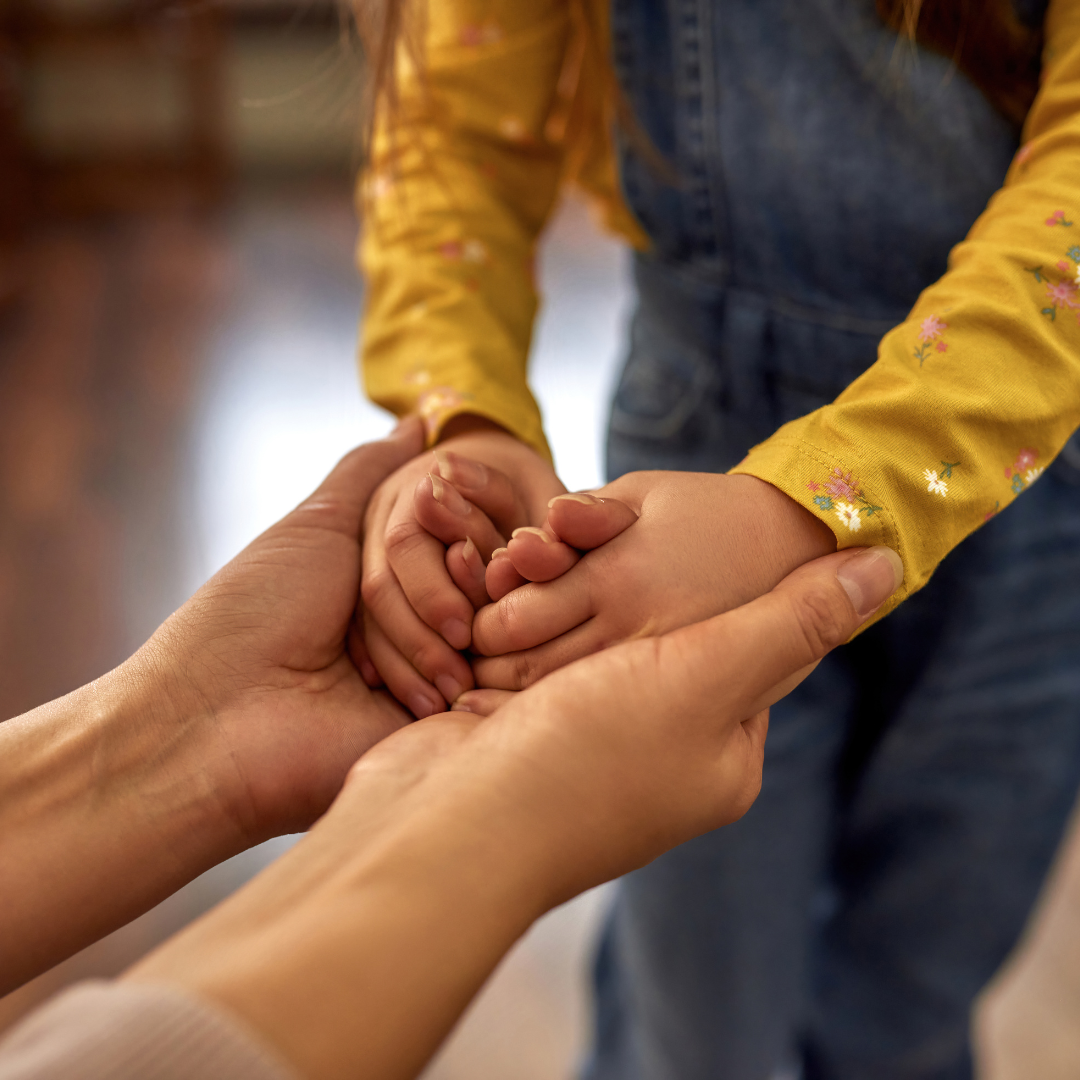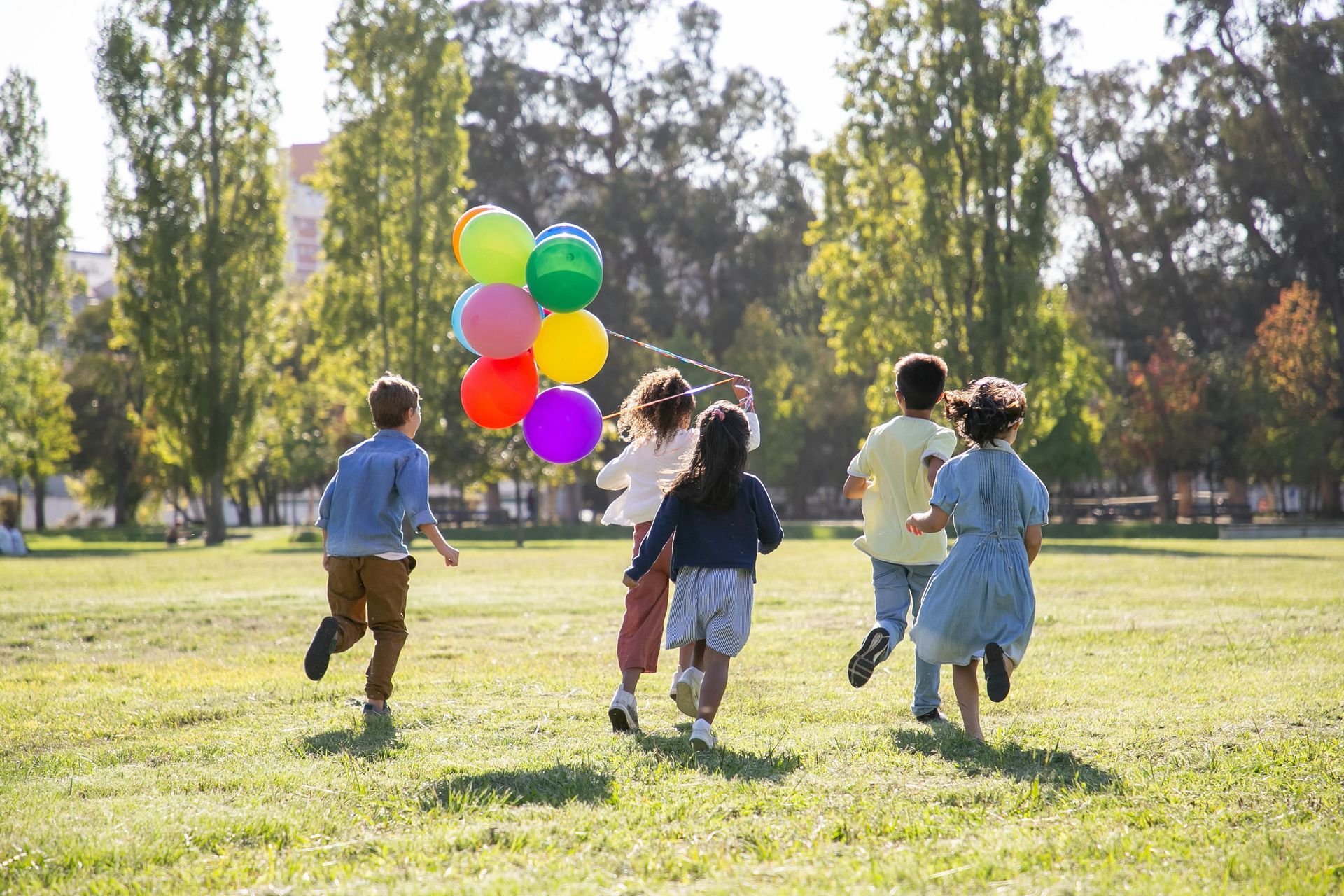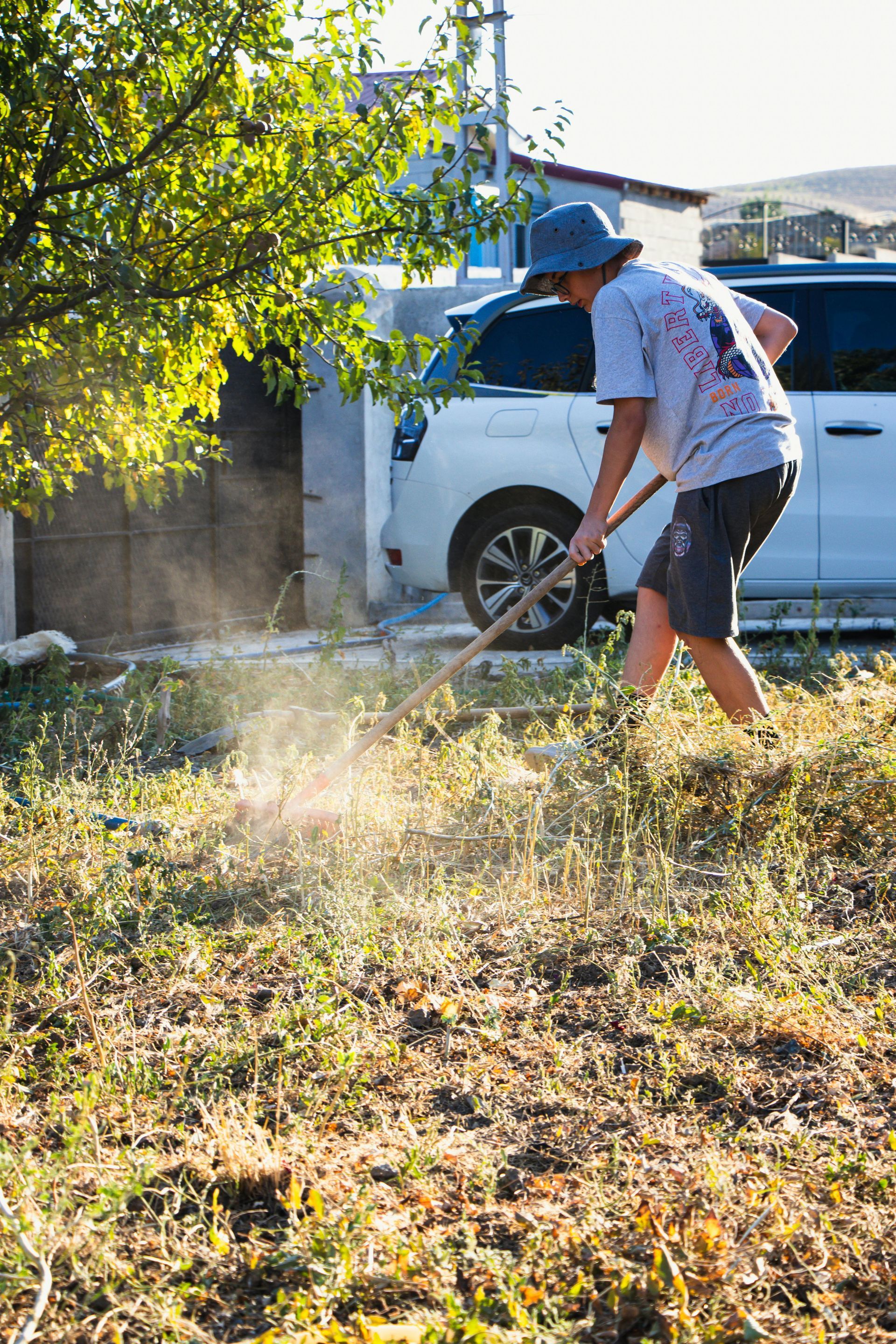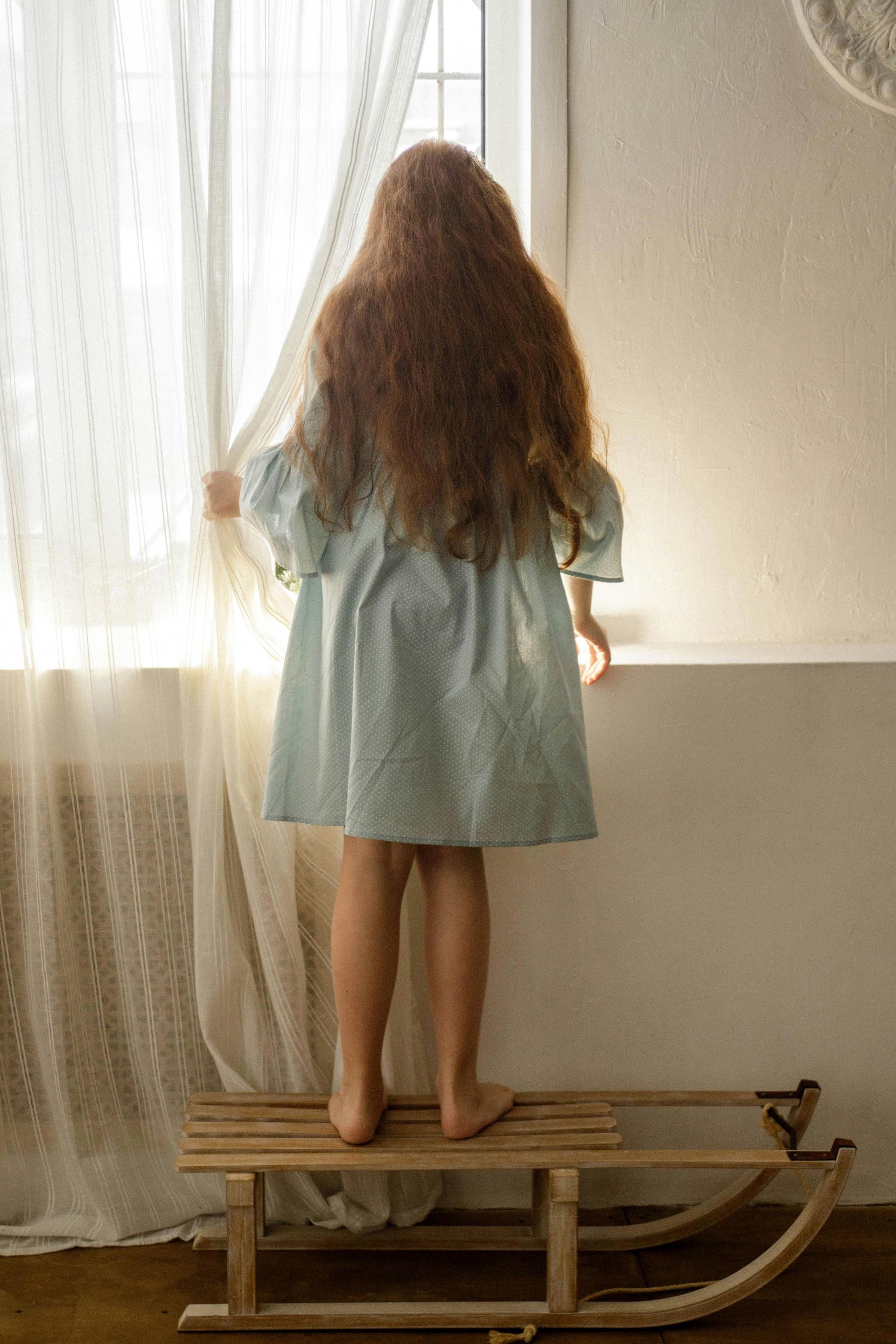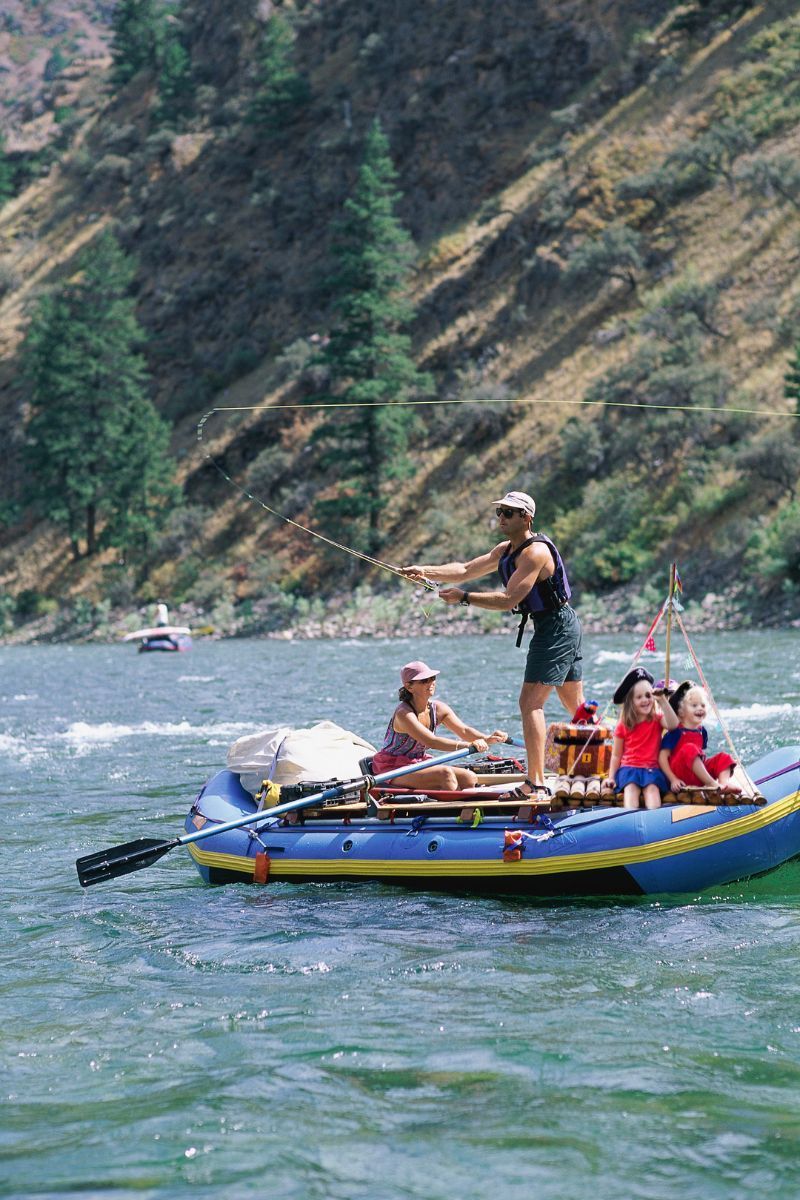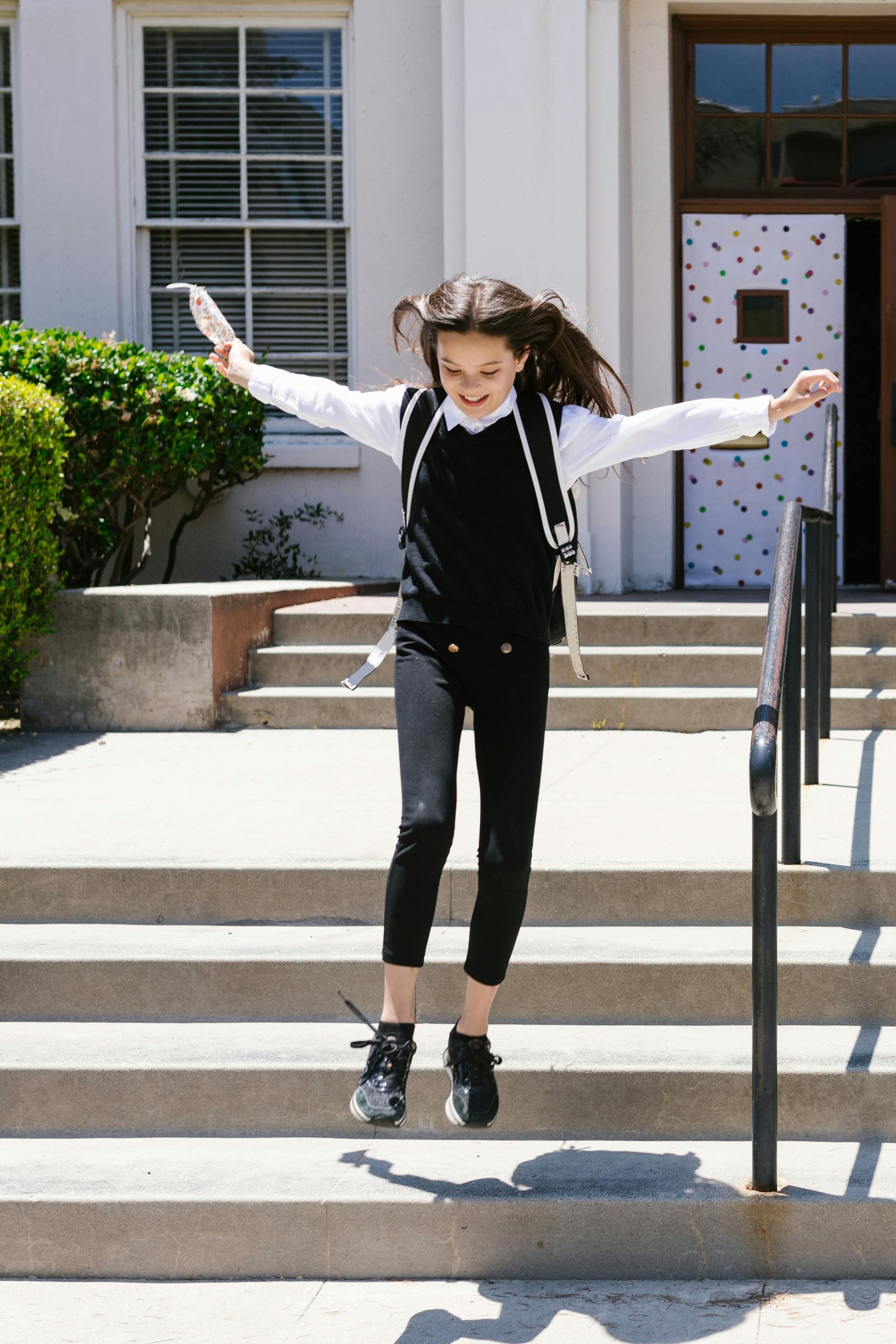They say that drowning is a silent death which is what makes it so dangerous. Muffled voices underwater, limbs flailing where no one can see them, and then under they go. I have worked with many siblings of special needs kids. They tell the same story.
“I feel invisible.”
“I don’t even feel like a real kid.”
“My brother/sister always comes first.”
“It is my job to get everything right because my sibling isn’t capable of getting things right.”
“No one sees how I hurt, or how scared I am.”
“My mom/dad has no time for me.”
As a parent of a special needs child, I get it. It is like your family is in a boat, and it tips over. Your first thought is to rescue your kids. Only one of them can’t swim. You hear his screams, and you swim toward him. You know your other child is fine because she is a strong swimmer. Time passes, and you still haven’t managed to get your child to safety. Your strong swimmer starts to weaken. A person can only tread water for so long. Still, you don’t hear her cry out, and your hands are full with your special needs child. Everyone in the water is doing the best they can, really. Still, the unseen child has to be rescued, guided, or accompanied to the shore before she drowns.


